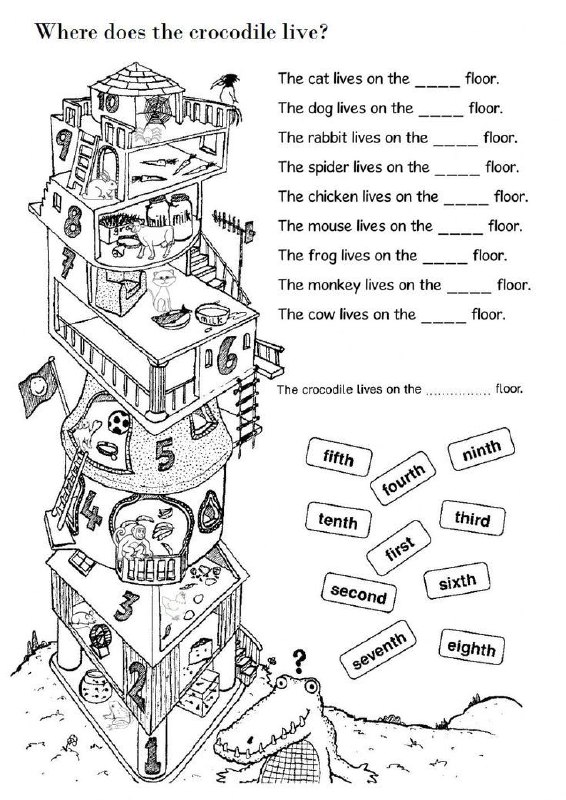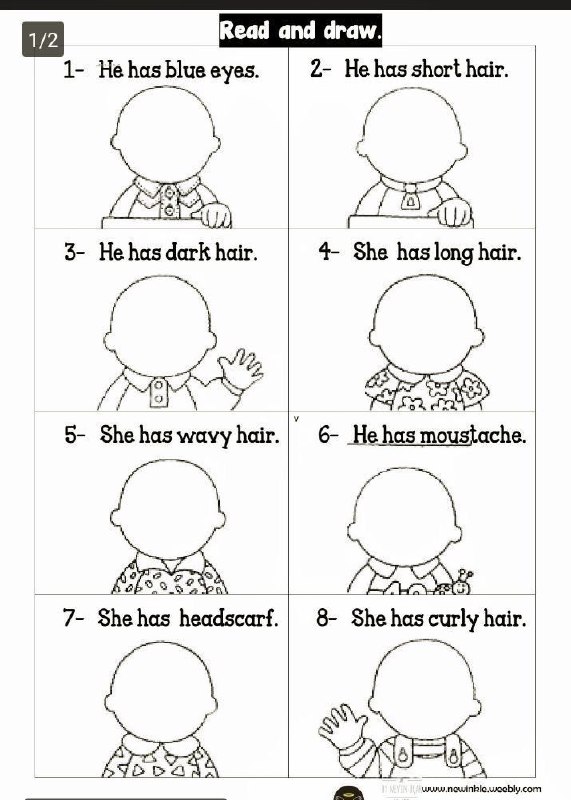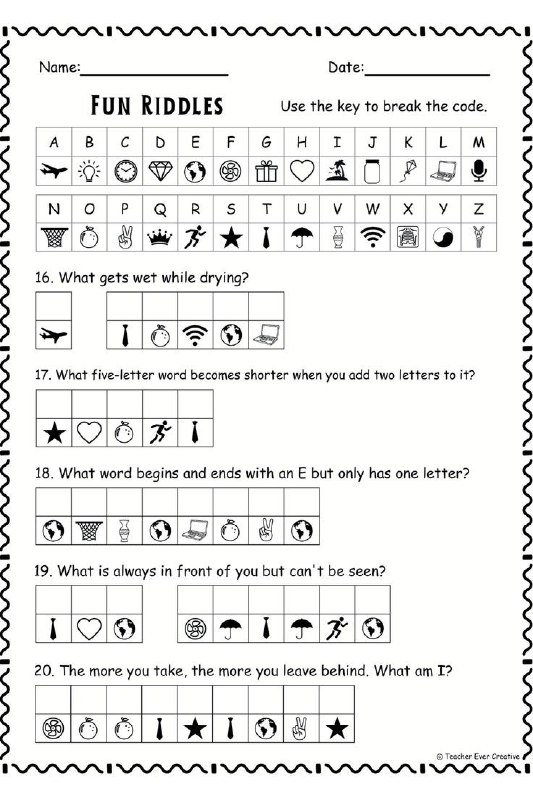?BENAZIR_ACADEMY? By Muslima.
Welcome to my channel☺️
How are you??
I am glad to see you on my Channel??
In this Channel you can find....????
#musics
#videos
#methods
#movies
#pics
#warm_ups
#games
#flashcards
Related to English Teaching ....
⭐⭐⭐⭐
❤️❤️❤️❤️❤️❤️❤️
News and announcements of the library. No books here.
??Official Chinese channel: t.me/zlib_china_official
? https://z-library.sk
https://en.wikipedia.org/wiki/Z-Library
? https://twitter.com/Z_Lib_official
? https://mastodon.social/@Z_Lib_official
Last updated hace 1 año, 7 meses
Intel slava is a Russian News aggregator who covers Conflicts/Geopolitics and urgent news from around the world.
For paid promotions and feedback contact us at: @CEOofBelarus
Last updated hace 1 año, 1 mes
💫Welcome to the best book channel of Telegram.
✨Buy ads: https://telega.io/c/BooksHub25
✨Contact admin ➠ @Bookshub_contact_bot
✨ Copyright Disclaimer➠ https://telegra.ph/LEGAL-COPYRIGHT-DISCLAIMER-09-18



Good night my invisible besties ??
My best one ....????
Adele - Set Fire to the Rain
*I let it fall, my heart
And as it fell, you rose to claim it
It was dark, and I was over
Until you kissed my lips and you saved me
My hands, they were strong
But my knees were far too weak
To stand in your arms
Without falling to your feet
But there's a side to you
That I never knew, never knew
All the things you'd say
They were never true, never true
And the games you'd play
You would always win, always win
But I set fire to the rain
Watched it pour as I touched your face
Well, it burned while I cried
'Cause I heard it screamin' out your name
Your name
When I lay with you
I could stay there, close my eyes
Feel you here forever
You and me together, nothing is better
'Cause there's a side to you
That I never knew, never knew
All the things you'd say
They were never true, never true
And the games you'd play
You would always win, always win
But I set fire to the rain
Watched it pour as I touched your face
Well, it burned while I cried
'Cause I heard it screamin' out your name
Your name
I set fire to the rain
And I threw us into the flames
When we fell, somethin' died
'Cause I knew that that was the last time
The last time
Sometimes, I wake up by the door
That heart you caught must be waitin' for you
Even now, when we're already over
I can't help myself from lookin' for you
I set fire to the rain
Watched it pour as I touched your face
Well, it burned while I cried
'Cause I heard it screamin' out your name
Your name
I set fire to the rain
And I threw us into the flames
When we fell, somethin' died
'Cause I knew that that was the last time
The last time
Oh
Oh, no
Let it burn
Oh
Let it burn
Let it burn*
#music#lyrics
Ikkinchi kanalimiz?* Mindset@Moonlight_pg1?***
Barchaga xayrli kun!
News and announcements of the library. No books here.
??Official Chinese channel: t.me/zlib_china_official
? https://z-library.sk
https://en.wikipedia.org/wiki/Z-Library
? https://twitter.com/Z_Lib_official
? https://mastodon.social/@Z_Lib_official
Last updated hace 1 año, 7 meses
Intel slava is a Russian News aggregator who covers Conflicts/Geopolitics and urgent news from around the world.
For paid promotions and feedback contact us at: @CEOofBelarus
Last updated hace 1 año, 1 mes
💫Welcome to the best book channel of Telegram.
✨Buy ads: https://telega.io/c/BooksHub25
✨Contact admin ➠ @Bookshub_contact_bot
✨ Copyright Disclaimer➠ https://telegra.ph/LEGAL-COPYRIGHT-DISCLAIMER-09-18